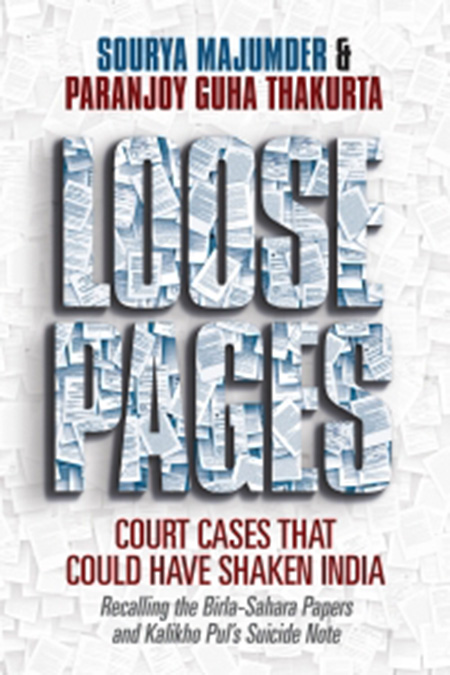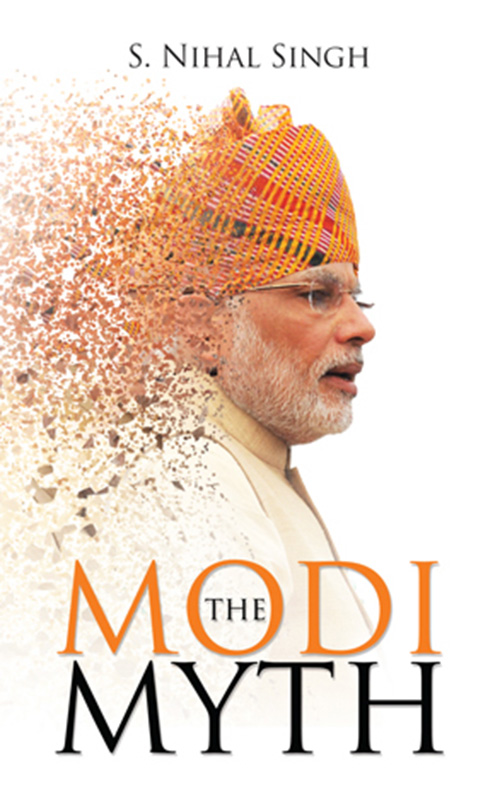There'll come a time when most of us return here/Brought back by our desire to be/A perfect entity/Living through a million years of crying/Until you've realised the art of dying
—from Art of Dying, 1970
George Harrison, son of a bus driver, born on February 25, 1943, guitar player, songwriter, composer, film producer, lover of most things Indian, died on November 30, 2001, of lung cancer. Quiet and self-effacing to a fault, he was the youngest of the four men from Liverpool who influenced the international music scene like few popular groups before it had been able to.
When I was a teenager in Calcutta in the sixties, my parents (like most others of their generation) were not very sure if the Beatles represented the best or the worst of the West. The long untidy hair, the copious consumption of marijuana and the middle-class revolutionary fervour,#were, not surprisingly, all frowned upon. Yet, the Beatles also stood for a universal melodic language and lyrics that touched the heart-strings of many ordinary people from London to Ludhiana, from Detroit to Dhaka.
They also sought to incorporate into their creative outpouring a touch of the East, the famous sitar sound on Norwegian Wood. In addition, they had a healthy, irreverent disrespect for those in positions of authority (including the Queen of England) and were certainly not the colonial stuffed-shirts that our parents had come to identify the British with. Above all, Harrison was the moving force behind the Concert for Bangladesh in 1971 that symbolised his belief in rock music's duty to a wider world, an event described by Rolling Stone magazine as "a brief and incandescent revival of all that was best about the sixties".
I spent the evening I heard about the news of Harrison's death with an old friend, TR, listening to his triple-album (a rarity those days), All Things Must Pass. This was the first album released after the Beatles split in 1970 amidst a flurry of lawsuits and name-calling. What amazed us was not just the serenity of some of the songs but the fact that certain sections seemed way ahead of their time. The Apple Jam instrumental tracks, featuring heavyweights like Eric Clapton, Ginger Baker (both of Cream), Dave Mason (formerly of Traffic) and Billy Preston, were long, improvised and unstructured. I had not cared much for the tracks when I had first heard them three decades ago; but, over the years, they had grown on me like a comfortable coat.
Of the Beatles, John Lennon was brilliant and radical while Paul McCartney was incredibly gifted musically, even if he seemed somewhat staid and conventional. Though Harrison remained in the shadows during the turbulent term of the band, as their producer George Martin once said, he was "always there, yet somehow elusive". However, Harrison's humility did not make him a push-over. Far from it. He knew exactly what he wanted—#as he wrote in
I, Me, Mine, his 1979 autobiography: "I don't go to clubs and parties. I stay at home and watch the river flow," borrowing a phrase from a song written by his old friend Bob Dylan who recently turned 60.
Harrison attended the wedding of his former wife, Patti Boyd, to another old friend and musical compatriot, Clapton, after she separated from him in 1974. Clapton paid his tribute to Patti in the song Layla, while his tribute to Harrison had earlier come in the form of his brilliant guitar licks in his classic from the White Album (1968), While My Guitar Gently Weeps.It is not so well known that the only song of the Beatles sung by Frank Sinatra was Something, composed by Harrison, though Sinatra wrongly attributed it to Lennon-McCartney. This was also the Beatles' song that was performed the maximum number of times by other artistes after Yesterday.
Harrison mingled freely with the talented; witness, for instance, his collaboration with Dylan, Tom Petty and Roy Orbison in the two Travelling Wilburys albums. Harrison, unlike Lennon or McCartney, did not let Maharishi Mahesh Yogi's alleged sexual indiscretions in Rishikesh in 1968 disillusion him about India. If anything, his bonds with this country became stronger than before. He would frequently visit India though he always shunned publicity. For him, India was not an exotic land of snake charmers and the Taj Mahal. As the Encyclopaedia of Rock put it, like Lennon, Harrison was a believer in correcting "the wrongs of the present and the vision of another way". Like Lennon, he too was a Working Class Hero (the title of Lennon's 1971 song about himself). His deep humanism shone through in the end.
As Harrison said about the future: "I think that even if the whole planet blew up, you'd have to think about what happens when you die. In the end, 'life goes on within you and without you'."


